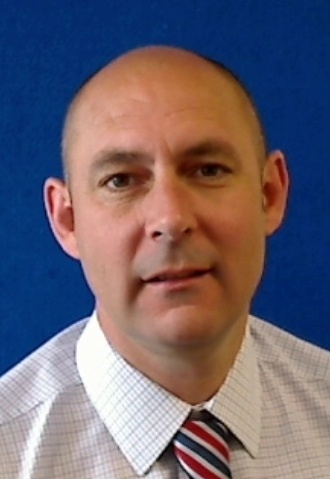Police probe polling fraud
Reporter: Alex Carey
Date published: 12 May 2016
ELECTORAL fraud in Oldham is being investigated by police after four separate allegations of individuals voting under someone else’s name have been reported following last week’s vote.
Greater Manchester Police has confirmed it is looking into four allegations of “personation” - where an individual votes as someone else - which allegedly occurred during the Oldham Council elections on May 5.
GMP and Oldham Council are unable to confirm where in the borough the alleged incidents took place.
One resident took to Facebook to reveal that her brother was turned away from a polling station because someone had already used his vote.
She said: “Voting system was not fair, my brother and a few others I know went to vote and someone had already voted under their name. How can this be justified as a true result.”
Detective Chief Insp Chris Downey has confirmed four reports have been passed on to GMP by Oldham Council and they are working with the authority to investigate.
Mr Downey said: “Greater Manchester Police have received four individual reports of voting fraud relating to personation offences that are alleged to have taken place during the local elections on May 5 2016.
“Police and council officers are now investigating these reports and enquiries are ongoing.”
The alleged issue of personation may well have highlighted how easy it might be to vote under someone else’s name.
No identification is required to cast a vote and people are simply asked for their name and address.
Independent election watchdog, the Electoral Commission, has called for voters to require a form of identification at polling stations to reduce the risk of personation.
In a report, the Electoral Commission states: “Polling station voting in Great Britain remains vulnerable to personation fraud because there are currently few checks available to prevent someone claiming to be an elector and voting in their name. This part of the system could become more vulnerable to fraud as other processes (including electoral registration and postal or proxy voting) become more secure. We have therefore concluded that there should be a requirement for electors across Great Britain to present an acceptable form of identification prior to voting at the polling station.”
Although there is no record available for the amount of voting fraud allegations made in Oldham at last year’s local election, there were just six claims made throughout Greater Manchester as a whole in 2015.
This would suggest that the four allegations made last week in Oldham alone is a high number for the region.
London’s Metropolitan Police Service received 52 such complaints in 2015 - the highest in the country.
In a report on last year’s electoral fraud allegations, the Electoral Commission has revealed that Oldham is one of 18 areas that it has identified as having a history of election fraud allegations and is at risk of further claims.
The report states: “We focus our support and monitoring work in areas where there has been a history of allegations of electoral fraud and where the risk of further allegations arising is higher.
“We scrutinise their plans and help to identify where they might be able to improve their approaches, including working with peers to implement new procedures and safeguards.”
Jenny Watson, Chair of the Electoral Commission said: “It’s important that voters have confidence in the voting process. Proven cases of electoral fraud remain relatively rare across the UK, but no one can afford to be complacent about the impact that fraud can have. We know from our work that it is campaigners, candidates and their supporters who commit electoral fraud and voters who are the victims.”
National Police Chiefs’ Council Lead for Electoral Malpractice and Electoral Fraud, Assistant Chief Constable, Gary Cann said: “Electoral fraud is a serious offence and it is vital that people who are suspicious that this is taking place report it to the police. We have been engaged in tackling voting fraud for a number of years and continue to work with a range of partners to prevent and detect these crimes.
“The public should be assured that each force has an Election SPOC (Specific Points of Contact). These officers are equipped with the necessary skills and abilities to investigate election crime. Forces remain vigilant to the potential for fraud and will investigate where evidence of wrong doing emerges.”
Anyone with information that can help the investigation should call police on 101 or Crimestoppers anonymously on 080 555 111.





